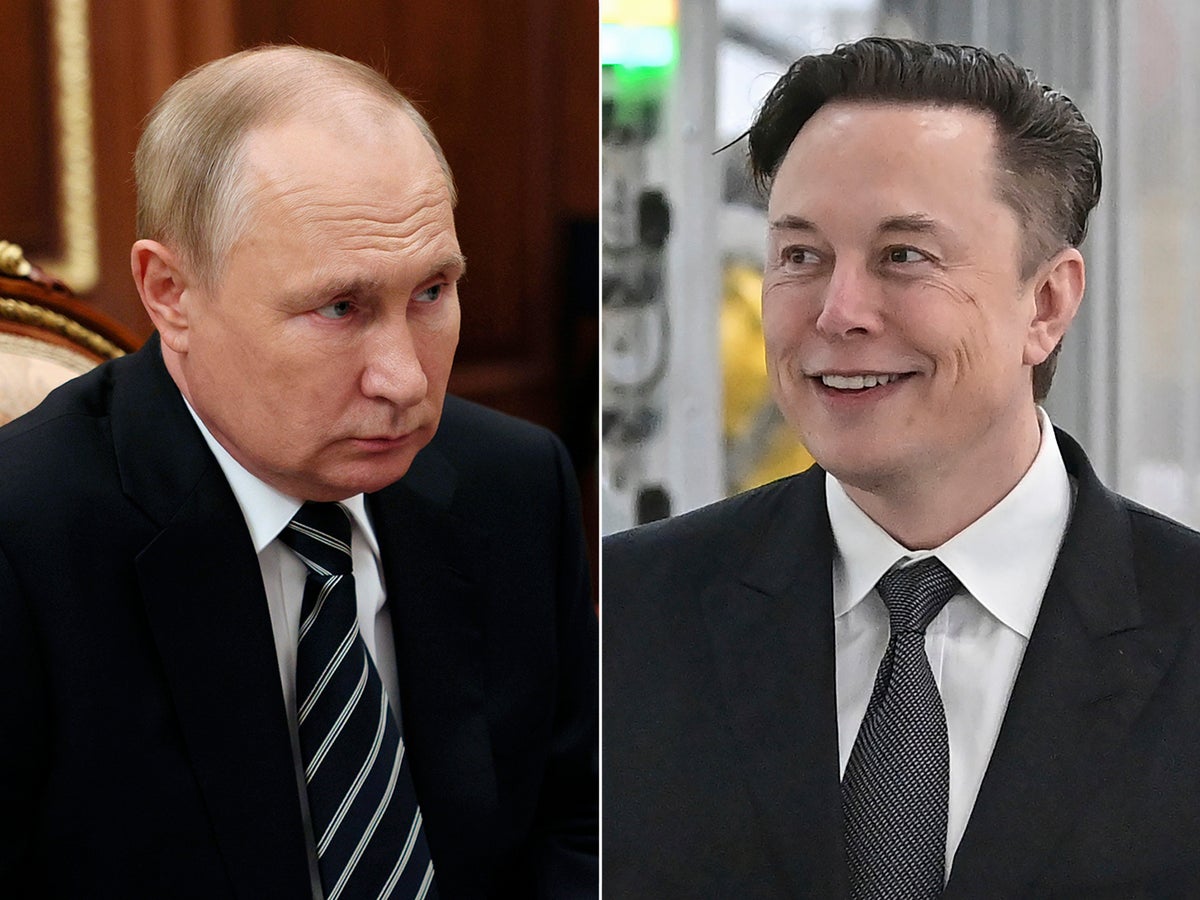On April 25, Elon Musk launched an offer to buy Twitter (TWTR) for $54.20 per share, or $44 billion. The offer first seemed to be a win for the wealthy CEO of Tesla (TSLA), who would have gained ownership of a strong opinion platform that is used by millions of regular people as well as prominent people like politicians, celebrities, and trend-setters.
The tech billionaire stated in a statement announcing the transaction that “free expression is the cornerstone of a functional democracy” and that “Twitter is the digital town square where important issues critical to the future of mankind are discussed.”
Additionally, I want to improve Twitter by adding new features, opening up the algorithms to the public to boost trust, eradicating spam bots, and authenticating every single user.
On July 8, a little under three months later, after open confrontations with the social network’s administrators. Musk made the decision to cancel the huge contract, alleging a “material violation” of the conditions.
Putin or bots
Musk had said in a Securities and Exchange Commission filing that he sought to terminate the arrangement due to differences in the number of spam bots, or phony accounts, on the site.
According to Musk’s attorneys, Twitter “is in substantial violation of many sections of that agreement, seems to have made false and misleading claims upon which Mr. Musk relied when entering into the merger agreement, and is likely to suffer a corporate significant adverse consequence.” As a result, Twitter “is terminating the merger agreement,” they said.
Twitter, on the other hand, has consistently claimed that bogus accounts made up less than 5% of its overall user base.
Twitter filed a lawsuit against the tech tycoon in Delaware Chancery Court after learning of his U-turn. On October 17, a week before the deadline of October 24 that the two parties had established for the deal’s completion, a five-day trial is planned to begin. Twitter is requesting that the court order Musk to fulfill his promise to acquire the platform.
Musk wrote a Morgan Stanley banker a communication on May 8 that was revealed in recent proceedings before Chancellor Kathaleen McCormick. The millionaire says that continuing the purchase would be pointless if a third global war were to break out. In the transaction, Musk had Morgan Stanley as a financial partner.
Musk refers to a statement given by Russian President Vladimir Putin on May 9. Russia invaded Ukraine on February 24. The crisis was raging when Musk wrote the texts, and observers worried that Putin might step up his efforts in Ukraine.
On September 6 in court, Bill Savitt, a Twitter lawyer, delivered the following passage from communication from Elon Musk: “Let’s slow down for a few days. Tomorrow’s speech by Putin is quite significant. If World War III is on the horizon, purchasing Twitter won’t make sense.
Mixed outcomes
Musk’s statements were followed the next day by Putin’s remarks on the 77th anniversary of the Allies’ triumph over Nazi Germany. The Russian president argued that his choice to invade Ukraine was the “sole appropriate option” during that address. He said without any supporting data that the West was “getting ready for an attack of Russia.”
According to Musk’s texts, the tycoon’s decision to cancel the transaction was not motivated by the issue of the phony accounts but rather by his worry for his financial status, according to Twitter’s attorneys. They add that another reason the billionaire gave up on his acquisition was the slump in the financial markets.
Musk’s lawyers refuted such a description during the hearing on September 6 and emphasized that the plaintiff still hasn’t offered the supporting documentation for its theory: A Musk lawyer said during the hearing that “their notion about what actually occurred isn’t what really happened.”
TheStreet has gotten further information from one of the attorneys representing Musk, Alex Spiro of Quinn Emanuel Urquhart & Sullivan. Twitter got Musk’s private chats as part of the litigation’s discovery procedure. In a contentious legal dispute, the Tesla (TSLA) CEO recently received conflicting court decisions.
He requested permission to use claims made by a whistleblower in support of his decision to withdraw from the buyout of the social media company, and this request was granted. But Chancellor McCormick rejected a plan to put off the trial until mid-October. Her choice is detailed here. According to Bloomberg Billionaires Index, Musk’s net worth, which is mostly dependent on his Tesla stock, was projected to be $251 billion as of September 7.
Source: The Street

